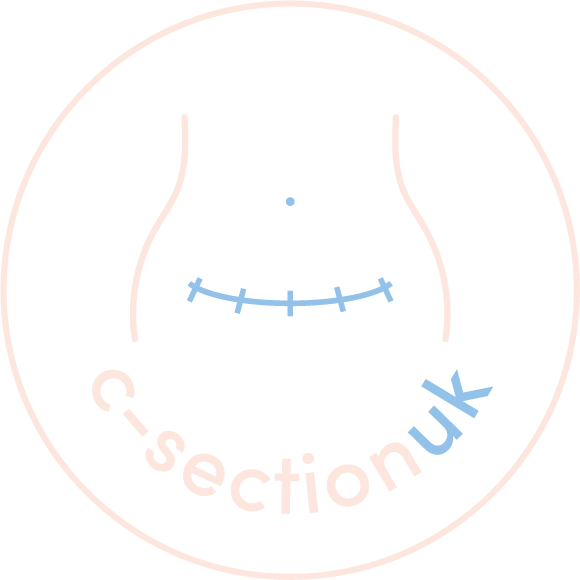Colostrum Harvesting Guide: 10 Essential Things You Need To Know
Preparing for the arrival of your little one is an exciting time, and one aspect you may consider is colostrum harvesting.
This blog will discuss the considerations and recommendations surrounding colostrum harvesting, ensuring you make informed decisions that are best for you and your baby.
Plus, we'll provide you with ten essential things you need to know about colostrum harvesting. Let's dive in!
What is Colostrum Harvesting?
Colostrum harvesting involves collecting the early milk produced during pregnancy, known as colostrum. It is a nutrient-rich and antibody-packed liquid that provides numerous benefits to your baby.
Why is Colostrum Harvesting Important?
Colostrum harvesting is important for several reasons:
When you express colostrum, it stimulates your nipples, which can trigger the production of oxytocin, the hormone that kick-starts labour. In late pregnancy, there is a slight chance that nipple stimulation could induce contractions.
However, if your pregnancy progresses smoothly, you can typically begin hand-expressing colostrum from around 37 weeks. If you have a planned induction or scheduled c-section before your due date, your midwife or doctor may suggest starting earlier.
The Benefits of Colostrum Harvesting:
Colostrum harvesting offers a range of benefits for both you and your baby:
10 Essential Things You Need To Know About Colostrum Harvesting:
#1 What Equipment Do You Need to Harvest Colostrum?
You'll need a few essential items to harvest colostrum, including clean syringes with stoppers, breast pads, name labels and a sterile storage bag or container. You can ask your midwife or healthcare provider for a colostrum harvesting kit for free or buy them online.
#2 How Do You Harvest Colostrum for the First Time?
Gently massaging your breasts before expressing them can help stimulate milk flow. Use hand expression to collect the colostrum. The United Nations Children's Fund (UNICEF) has a demonstration video you can watch.
#3 How Much Colostrum Should You Collect at Once?
Start by collecting small amounts, around half a millilitre, and gradually increase as your supply increases.
#4 How Many Times a Day Should You Collect Colostrum?
Begin by collecting colostrum once daily and gradually increase it to twice daily if desired or recommended by your healthcare provider.
#5 How Many Millilitres of Colostrum Should You Be Producing?
The colostrum volume can vary, but on average, expect to produce around half to one millilitre per collection. Making the environment relaxing can help to increase the amount you express.
#6 How Much Colostrum Should You Harvest Before Birth?
Aiming for at least one millilitre of colostrum per collection by reaching 37-38 weeks of pregnancy is recommended.
#7 What Should You Do if Colostrum Harvesting Is Not Working?
If you're having difficulty with colostrum harvesting, don't worry. It is not a necessity. It is a choice.
#8 Does Colostrum Harvesting Hurt?
Colostrum harvesting should not be painful. If you experience discomfort, try adjusting your technique or seek professional advice.
#9 What is the 3-2-1 Rule for Colostrum?
The 3-2-1 rule means starting to express colostrum three weeks before your due date, twice a day and getting one syringe per day.
#10 How Many Syringes of Colostrum Should You Take to the Hospital?
It's recommended to take at least three syringes of colostrum with you to the hospital as a backup nourishment source for your baby.
Free Useful Resources:
For more information and helpful resources on colostrum harvesting, check out the following links:
- Pregnancy and birth guide
- La Leche League International: The Benefits of Antenatal Colostrum Harvesting
What if I don't express colostrum during pregnancy?
If you don't want or manage to express colostrum during pregnancy, don't let it knock your confidence. Many women successfully breastfeed their babies after birth, despite having difficulty expressing hand-expressing during pregnancy.
There's no need to feel guilty if you decide not to hand-express during pregnancy. You're not depriving your baby of anything.
Your breasts produce colostrum for the first few days after birth, so breastfeeding or expressing soon after birth will give your baby all the necessary nutrients.
Written By: Midwife Laura

